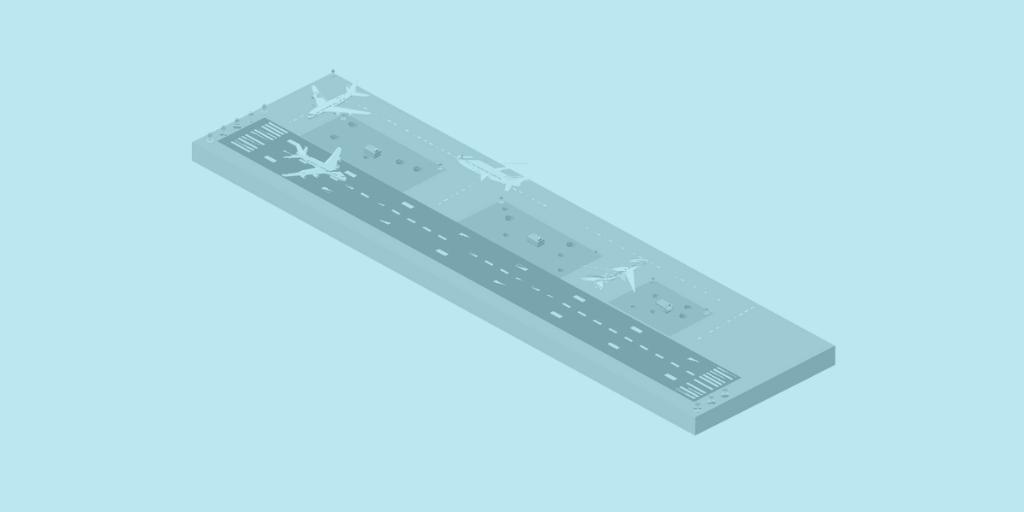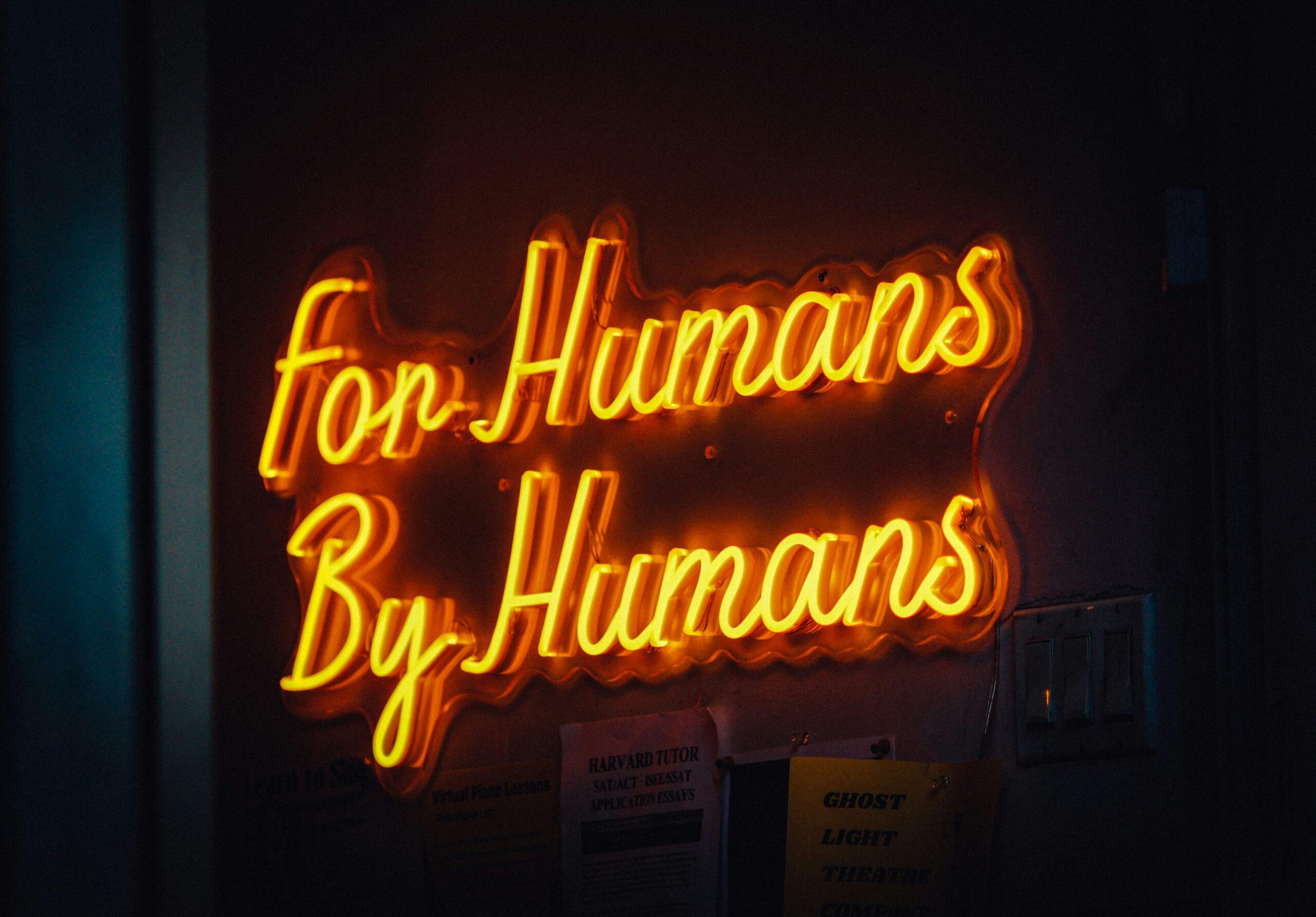Airport Series: Charlotte and Customer Complaints
Charlotte blends Southern charm into the hustle and bustle of a major international airport. However, this balance doesn't always go as planned. As the ninth busiest airport in the country, Charlotte Douglas International Airport can profit from listening to the voice of its customers.
More than 40 million people travel through North Carolina’s Charlotte Douglas International Airport each year, and it remains one of the most consistently least-liked airports. Today, we find out why.
Charlotte Douglas should invest in ADA training
An overview of our analysis indicates that this airport in part suffers because of specific airlines and their employees, weather delays, and a few other things they realistically have no control over. Still, there are plenty of areas where the airport could take steps to improve the customer experience. All they have to do is start listening to their customers.
Charlotte Douglas is compliant with guidelines required by the Americans with Disabilities Act, but some of the most vociferous complaints came from people with disabilities or their family. One woman said she and her traveling partner, a disabled veteran, were left “high and dry” at the gate. Another reviewer reveals that her daughter, who suffers from spina bifida, was forced to walk to the parking area and denied access to a “vacant wheelchair” designated for public use.
With text analytics, airport officials could find the commonalities in these complaints and fix them for the future. These reviews suggest that Charlotte Douglas should invest in ADA training for their staff. They also need to better inform their guests about what accessibility options are available. Simpler still, increased signage highlighting the way for guests with disabilities would do much to alleviate some of these complaints.
Racial undertones at Charlotte Douglas
“Enjoyed the small quiet chapel and the piano player. Soothing amidst chaos,” one reviewer wrote. Another cited the rocking chairs and the piano as why Charlotte Douglas was “the most-relaxed airport” she’d ever visited. However, this veneer of southern charm is thin, especially when one considers the history of race relations in the American south.
The airport recently shut down their bathroom attendant program. The restroom tradition was controversial for many reasons, not least of which involved the former Confederate state’s history. Without diving into the socio-political issues at the heart of that debate, text analytics could have shown airport officials that people generally hated the service. A number of customers cited it as their “only complaint” about the airport. Still more comments from customers cited the presence of the attendant as off-putting.
Some didn’t appreciate that the attendants worked for tips, especially since they didn’t want the attendants’ help in the first place.
Others, however, did notice racist undertones to the bathroom attendant program. One reviewer, who advised travelers to avoid Charlotte-Douglas “at all costs,” merely pointed out that the attendants were black men every single time, letting the implication speak for itself. Another reviewer was more direct. “Bathroom attendants are tacky, especially when the bathroom is filthy. Would it not be a better use of time to clean said bathroom rather than perpetuate an antiquated form of southern privileged genteelism?” this person wrote. All of the comments typified a myopic and disconnected management style. Text analytics could have helped identify and eliminate this problem before it became a hot-button issue.
Attitude issues
This leads to what is clearly the biggest problem for Charlotte Douglas: the attitude of its staff and those working for airlines, rental companies, and in other airport fixtures. More than 800 reviews, or four out of every five we looked at, make some mention of customer service or airport staff. Only rarely were these mentions positive.
This is a major problem for any business, but especially for airports. If you look back to our Atlanta analysis, you’ll see that airport staff were often the saving grace for customers. When airline staff were overworked or simply rude, employees of the airport stepped in to assist in customer service. At Charlotte Douglas, this is not the case.
So, even though some airports don’t get a fair shake when it comes to flights being delayed because of weather or other extraneous circumstances, our analysis shows that airport staff could do more to alleviate their guests’ stress and frustration with just a minor shift in their attitude. Increased training for employees and signage aimed at working with guests who have special needs would also ease a pressing issue. Finally, more charming, restful areas like the rocking chairs and piano could take Charlotte from the bottom of everyone’s lists to the top.
Listen and improve
The people who travel in and out of Charlotte Douglas International Airport every day are desperately telling officials how they can improve their service, in very detailed and colorful ways. By listening to these guests, officials can determine the best solutions to these problems. However, without text analytics, there is no effective way to hear them in the first place.


